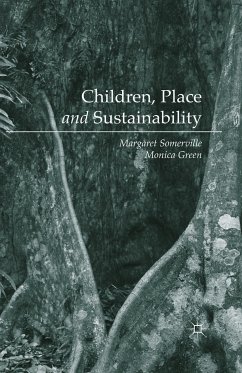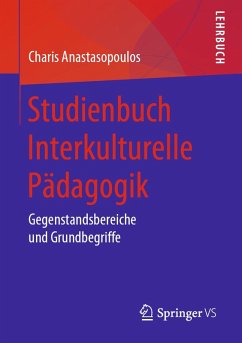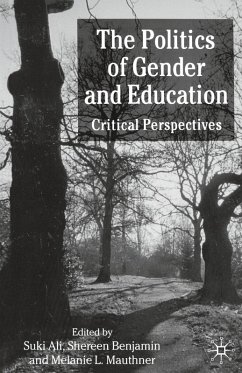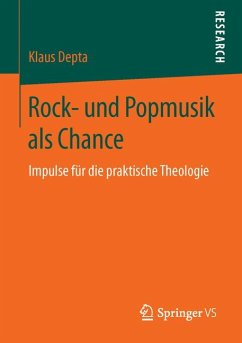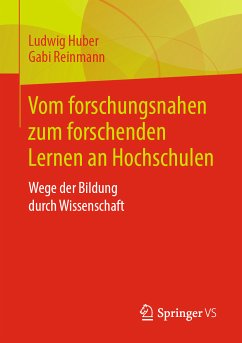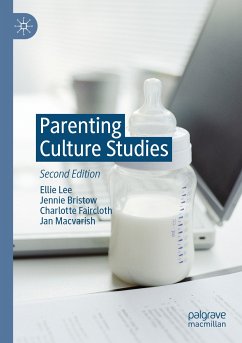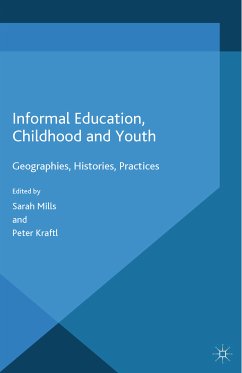
Informal Education, Childhood and Youth (eBook, PDF)
Geographies, Histories, Practices
Redaktion: Mills, S.
Versandkostenfrei!
Sofort per Download lieferbar
72,95 €
inkl. MwSt.
Weitere Ausgaben:

PAYBACK Punkte
36 °P sammeln!
This collection of original chapters brings together cutting-edge research on informal education - that is, learning practices that emphasise dialogue and learning through everyday life. For the first time, it highlights the way in which geography matters to informal education practices. Through a range of examples from the nineteenth, twentieth and twenty-first centuries, and from a range of geographical contexts, the authors explore the relationship between history, geography and practice in the field of informal education. Case studies include youth work, Scouting, Guiding, Care Farms, yout...
This collection of original chapters brings together cutting-edge research on informal education - that is, learning practices that emphasise dialogue and learning through everyday life. For the first time, it highlights the way in which geography matters to informal education practices. Through a range of examples from the nineteenth, twentieth and twenty-first centuries, and from a range of geographical contexts, the authors explore the relationship between history, geography and practice in the field of informal education. Case studies include youth work, Scouting, Guiding, Care Farms, youth music programmes and the use of online/information technologies. This book will be of interest to geographers and sociologists of education, childhood and youth scholars. It also provides an engaging resource and collection of case studies for educators, youth workers and other professionals who work with young people.
Dieser Download kann aus rechtlichen Gründen nur mit Rechnungsadresse in A, B, BG, CY, CZ, D, DK, EW, E, FIN, F, GR, HR, H, IRL, I, LT, L, LR, M, NL, PL, P, R, S, SLO, SK ausgeliefert werden.



